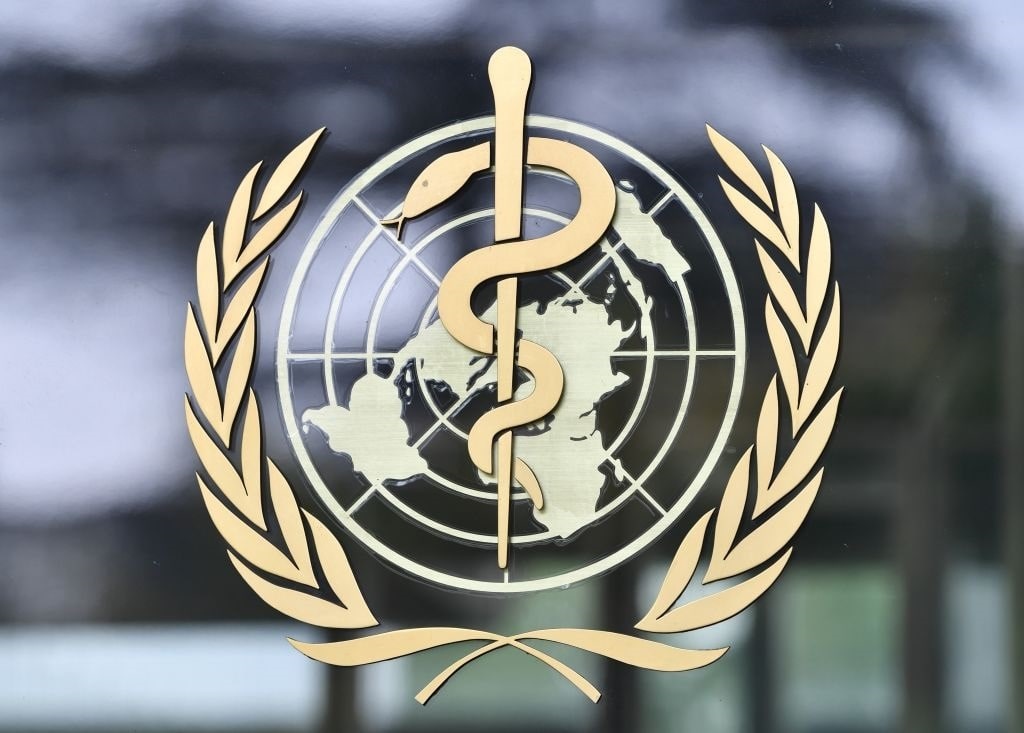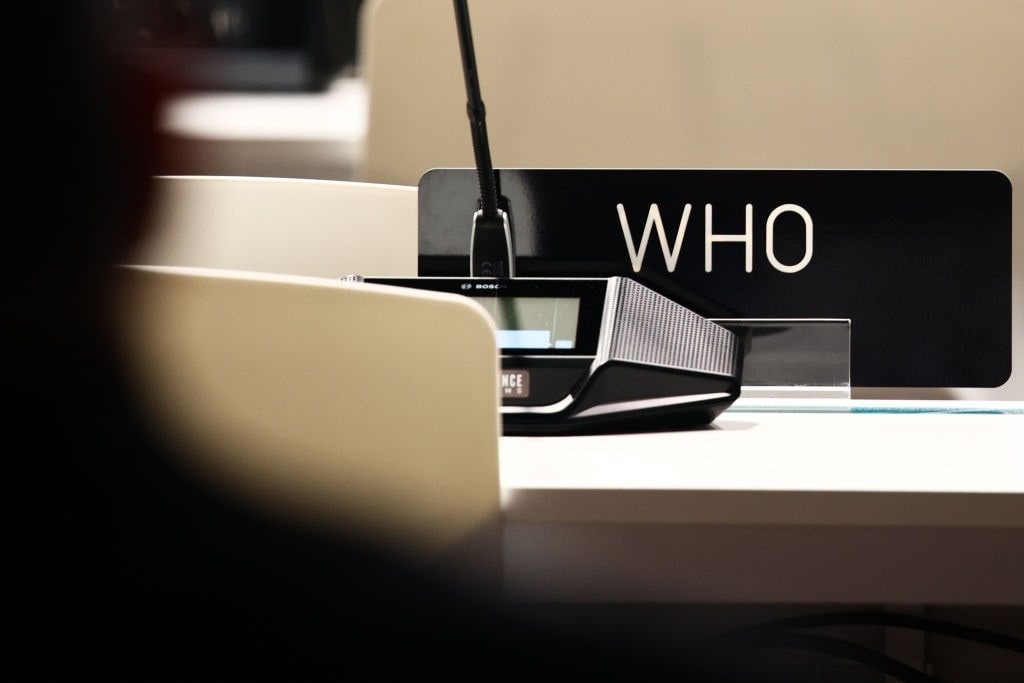The WHO (World Health Organization) took center stage during the COVID pandemic as the global coordinator of effective response. Questions about the organization’s proper role – and competence – preceded and now survive the COVID-19 crisis. Was the WHO effective and apolitical in its response, and can it be trusted with its global medical preeminence?

(Photo by Lian Yi/Xinhua via Getty Images)
Though bathed in a patina of trust, health agencies have long proven that they can fall victim to the human frailties of error, bureaucratic lethargy, political bias, and hubris. Post-COVID-19, many national interests are pushing to expand the WHO’s authority and funding even more, viewing its faulty responses to the pandemic as justification to allocate more money to shore up those failures. Others take a contrary view, asserting that the organization’s shortcomings during COVID-19 demonstrate intractable problems with no global solution.
Who Is the WHO?
The WHO has fared very well post-pandemic, increasing its gross revenue by some $300 million in 2022 to $4,354,000,000 (including $739,000,000 from the United States). As more questions about the COVID virus response are raised, including Wuhan lab origins and potential adverse effects of vaccines, the global jury is still out as to whether the WHO was rescuer or bumbler. Concerns about competence preceded the pandemic. A 2016 article published by Reuters noted:
“Public health specialists, non-governmental organisations and some of the WHO’s biggest donors say the organisation is unwieldy, poor at coordinating responses to epidemics, and too thinly spread. And increasingly it struggles to set its own priorities because many of its donors give it money earmarked for specific projects.
“Some experts inside and outside the organisation say those flaws mean the WHO’s lead role in global health is now at risk.”
Many stakeholders have tried to parlay the COVID-19 debacle into an even more significant future power base for the WHO. The organization is pushing to expand its powers, funding, and global oversight of member nations under the pretense of being better positioned to respond more effectively to future pandemics. Questions about virus origins, gain-of-function research, lab safety, vaccine efficacy, and the appropriateness of quarantining healthy people (and children) have caused many legislators and citizens to pause.
Indeed, the House Select Committee on the Coronavirus Pandemic held a December 13 hearing titled “Reforming the WHO: Ensuring Global Health Security and Accountability.” Americans must ask: Is the federal government seeking to press the WHO on its competence, or politically rejuvenate it using faux hearings to bolster its legitimacy?
A key question is whether the WHO can ever be indeed “independent” from the winds of national politics. History suggests not, including during the recent experience of COVID-19. The WHO presents itself as an objective medical team that “… encourages the strengthening and expansion of the public health administrations of member nations ….” But that airy-fairy ideal ignores the realities on the political ground.
Myanmar, Syria, and the Wuhan WHO?
While Myanmar oppressed minority ethnic groups, the WHO worked with its central government. In Syria, according to Brown’s Political Review, the WHO’s well-intended efforts aggravated the civil war by working more with the Assad government and ignoring the rebels.
Similar concerns were raised when the Wuhan virus began its spread. Xiao Qiang, a researcher at Berkeley who monitored both China’s and the WHO’s official statements about the new coronavirus as it began to spread, made a disturbing discovery: Statements made by the World Health Organization often parroted the same points as China. “Particularly at the beginning, it was shocking when I again and again saw WHO’s [director-general], when he spoke to the press … almost directly quoting what I read on the Chinese government statements,” Xiao told The Atlantic.
The evidence the WHO is not independent of political pressures can be seen in its recent proclamations about Gaza. Recounting a litany of health crises in the Gaza Strip, the organization does not address civilian casualties in Israel while engaging in political statesmanship:
“[The WHO] calls on Member States, donors and international humanitarian and development actors to provide humanitarian assistance to the Palestinian people, and to ensure the allocation of human and financial resources in order to urgently achieve these objectives.”
The humanitarian crisis in Gaza is enormous, but is inextricable from the attacks on Israeli citizens that went unmentioned by the WHO. The organization’s pronouncements make that conflict appear one-sided and implicate Israel in Geneva Convention violations. Did the WHO rally resources for Russian civilians as well as Ukrainians?
The WHO also endorses abortion, transgenderism, “equity,” sex education, and questions whether age of consent laws should be adjusted to permit minors to consent to sex despite existing protections. This mission creep now extends to every facet of human life: Human “health” touches everything, and so the WHO has expanded its purview far beyond what was contemplated at its formation in 1948. More voices are calling for restraints on the powers of this organization, even as global efforts are underway to use the failings of the COVID-19 response to grant it even more power over sovereign nations.




